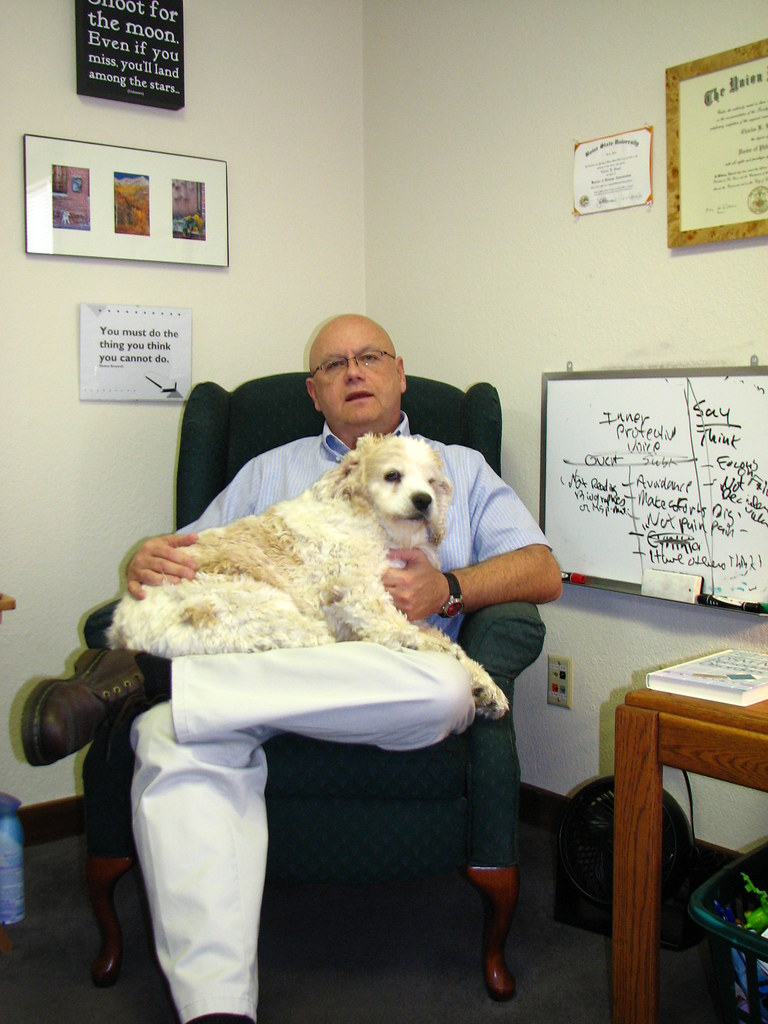
A bipolar disorder test is essential when you think you may be suffering from this disorder
A doctor or specialist can make you aware of your specific condition and help you decide if a test is needed.
Bipolar disorder is a mental illness that causes changes in a person's mood, energy, and feelings. People with this mental disorder suddenly experience increased and decreased energy levels (mania or depression, respectively) that are much more intense than what normal people experience. If left untreated, this condition often leads to depression, so it is important to see a doctor if you think you have the condition. Symptoms usually appear when a patient has one or more episodes of mania that usually last three days or less. On the other hand, the patient will show symptoms of depression, which may last for six months or longer.
Bipolar disorder can be difficult to diagnose because symptoms can be mistaken for many other conditions. In addition to the sudden mood swings that can occur, there are also signs such as changes in sleep patterns, changes in eating habits, and increased sexual desire. This condition is usually not life-threatening, but you should be aware that if you have any of these symptoms, it may be a good idea to get a medical examination.
If you experience any symptoms of bipolar disorder, you may be a candidate for a bipolar disorder test. The doctor or specialist who will evaluate your case will determine the best course of treatment based on your condition.
A very common way to diagnose bipolar disorder is by talking to a doctor or psychiatrist. There are two types of tests you can do when your doctor determines if you are suffering from mania or depression. The first test will take a blood sample to determine if your brain contains levels of lithium, magnesium, calcium, and homocysteine. If any of these levels are unusually high, it could mean your body is producing too much of the chemical, which is an indicator of manic depression.
The second type of test for bipolar disorder is called the diary test. In this test, you will be asked to fill out a journal detailing major events in your life over a period of time, and then complete several questionnaires about mood changes. and sleep patterns, as well as any behavior, such as too many trips to the bathroom during the day, too much food, or mild irritability.
Another test that is available is called the electroconvulsive test, which involves administering a small electric current to the patient while they sleep. A person with this disorder is considered a high risk and should therefore receive a prescription for medicine. The test determines if the patient has a decreased amount of serotonin in their brain, which is an indication of mania. It also checks to see if they have too much or too little of a chemical called dopamine.
If none of these two tests comes back positive, your doctor may recommend testing you by using a combination of both. A bipolar disorder test can help to rule out other conditions that can also be signs of mania or depression. In most cases, the test will be the only way to confirm your diagnosis and determine how severe your condition is, which will give you an accurate diagnosis for treatment.
Unfortunately, bipolar disorder is not easy to diagnose in children or adults. Because many people with this condition have never had a major depression episode before, they may not realize that their behavior and thoughts are indicative of something else, such as panic attacks, anxiety attacks or postpartum depression. This is why some doctors will recommend a blood test in addition to a check-up and/or questionnaire if you think you have bipolar disorder.
When you are having your first bipolar disorder test, it is important that you keep in mind that your test results can not only tell you about your own medical history, but also about what may be causing it. if there is no obvious cause. other health problem, the test can also show if your body is producing too much of a certain chemicals, especially if the test reveals abnormal amounts of the neurotransmitters.
Your test results may vary from one clinic to the next and even from one medical practitioner to another. The reason the test may be different at different clinics is because bipolar disorder may not respond the same to medication. Your doctor will also need to review your entire medical history, including medical histories of all family members and any other mental illnesses in order to decide how to proceed with your treatment. While there are several medications that can help treat the symptoms of bipolar disorder, it is important to know that medications can't fix the problem on its own and must be used in conjunction with therapy and support groups to combat the depression or mania.

